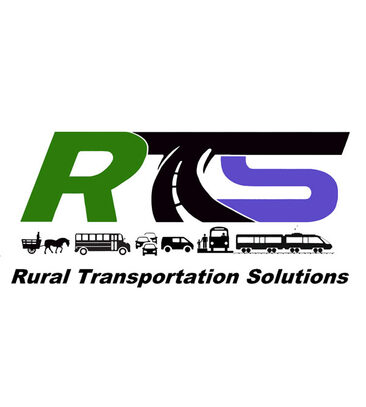- Home
- About
- Survey #3 - March 2023
- Background
- Some Rural Differences
- March 2022 Webinars
- Our Surveys
- Summary of Survey Findings
- Contact
- Newsletters
- Join our eMail List
- Presentations
- Frequently Asked Questions
- RTS Team Corner
- Survey #3 Presentation to ARAC 7 Sep 2023 with Text
- Survey# 3 Slide Presentation to ARAC 7 Sep
Content
SOME BASIC READING OF OTHERS' INITIATIVES
ING
The deficiencies in rural transportation options for rural Ottawa are long-standing. The problem is not unique to Ottawa and other municipalities have introduced innovative solutions:
- Rural Ontario Institute Case Studies. See a FlipBook presentation that highlights ten case studies with some innovative transportation solutions.
- A Summary of Some Rural Transit Solutions in and around Ontario. See a FlipBook presentation based on the work of the Rural Issues Collective.
Providing affordable and financially sustainable transportation in rural areas will always be a challenge due to the low population densities and the long travel distances. The fare cost among the variety of rural transportation solutions is often in the range $3 - $5. But, like most municipal services, local solutions will often necessitate some degree of subsidization by the general taxpayer through the Residential Tax revenue.
Within Ottawa’s Urban Transit Area the source of funding for the operation and maintenance of their full OC Transpo service is split approximately 50/50 between fares and tax revenue and represents about $665 to the average residential tax bill. On the other hand, some Ottawa rural villages that have chosen a local rush-hour bus service and have opted to pay about $150 on their annual tax bill.
OF OTHERS' INITIATIVES
SOME ADDITIONAL RECENT INITIATIVES
Why rural Canadians need public transit just as urgently as suburbanites.
Not all people living in rural areas have personal vehicles. It’s also a mistake to assume that regular, shorter trips happen within a single community. Inter-community travel is both long haul (occasional) and short (daily).
Personal mobility is critically important to accessing basic services like education and health care, as well as for employment, shopping and recreation.
Transit can increase available markets and workforce, make communities more attractive to potential residents and reduce greenhouse gas emissions. In short, the benefits of accessible, affordable public transit in rural communities are economic, social and environmental.
Despite these benefits, rural communities across Canada struggle to establish and maintain transit systems. They face barriers different from urban areas, as well as different from each other. In a recent study, researchers have identified seven types of rural transit barriers.
Rideshark Corporation is partnering with the County of Renfrew and Ontario to Develop the world’s first winterized On-Demand Community Transit Network. In partnership with the Autonomous Vehicle Innovation Network, led by the Ontario Centre of Innovation, RideShark will pilot a winterized on-demand transportation technology solution for Renfrew County.
RideShark is a global leading provider of commuter management solutions that public sector, corporate and campus-based organizations use to promote safe and sustainable mobility options such as carpooling, vanpooling, public transit and active transportation, all on one easy-to-use app. Leveraging its Unified Mobility™ platform, RideShark will develop a community transit solution that can withstand harsh Canadian winters on semi-urban and rural roads. See: https://www.rideshark.com/2021/02/23/rideshark-corporation-partners-with-county-of-renfrew-and-ontario-to-develop-worlds-first-winterized-on-demand-community-transit-network/
A New Brunswick group: Urban / Rural Rides, is a registered charity powered by volunteers created in response to an ever-growing need in our rural communities for safe, affordable, reliable transportation. See: https://urbanruralrides.ca/
OC Transpo To Consider On-Demand options as part of its 5-Year Transit Roadmap.
Ontario Rural Institute Resources
Ontario Rural Institute Resources. See: Rural transit and Community Transportation
Some More Comprehensive References
-
2011 NCR Household Origin-Destination Survey . Summary of Results January 2013
-
City of Ottawa Commuter Attitudes Survey. Final Report May 27, 2013
-
Towards Coordinated Rural Transportation: A Resource Guide, Rural Ontario Institute
